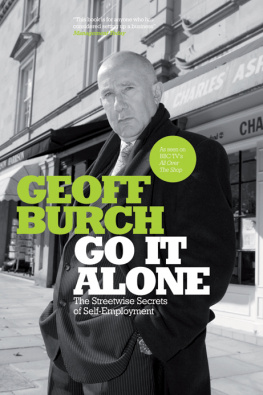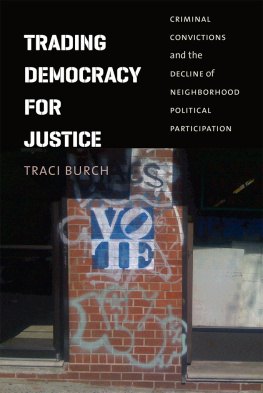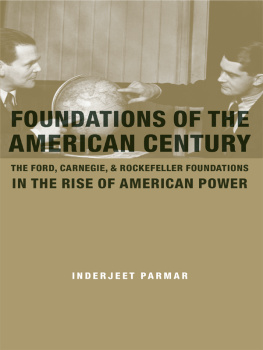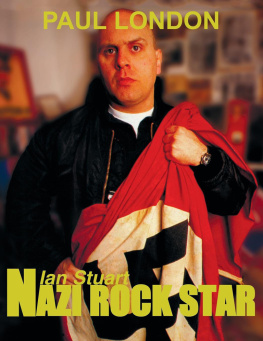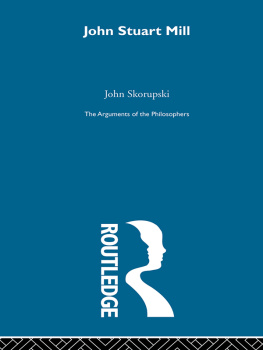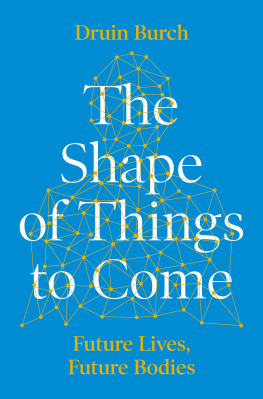
London and the Politics of Memory
This book provides an original, impassioned exploration of memory studies and the uses of the past in the present. It capitalises on Londons global appeal and Big Bens iconic status. Moving beyond this familiar facade the reader will journey around the hidden histories of Westminsters streets, squares and statues. This tangible heritage supports a diversity of contested memories. The rationale for this approach is that, by linking theory with empirical examples, it becomes possible to tackle complex issues in a grounded, accessible manner. Readers will be encouraged to use this case study as a framework for addressing the politics of memory in their own lives as well as in other places, not just in Britain but around the world. This book will be of interest to scholars and students from a wide variety of disciplines including, but not limited to, sociology, culture and media studies, English literature, film and television studies, global studies, heritage studies, history, politics and human geography.
Stuart Burch is Senior Lecturer at Nottingham Trent University, UK, and Visiting Professor at the Faculty of International Media (ICUC), the Sino-UK Joint Institute of Communication at the University of China and Nottingham Trent University.
Memory Studies: Global Constellations
https://www.routledge.com/sociology/series/ASHSER1411
Series editor:
Henri Lustiger-Thaler, Ramapo College of New Jersey, USA, and Ecole des Hautes Etudes en Sciences Sociales, France
The past in the present has returned in the early twenty-first century with a vengeance and with it the expansion of categories of experience. These experiences have largely been lost in the advance of rationalist and constructivist understandings of subjectivity and their collective representations. The cultural stakes around forgetting, useful forgetting and remembering, locally, regionally, nationally and globally have risen exponentially. It is therefore not unusual that migrant memories; micro-histories; personal and individual memories in their interwoven relation to cultural, political and social narratives; the mnemonic past and present of emotions, embodiment and ritual; and finally, the mnemonic spatiality of geography and territories are receiving more pronounced hearings.
This transpires as the social sciences themselves are consciously globalising their knowledge bases. In addition to the above, the reconstructive logic of memory in the juggernaut of galloping informationalisation is rendering it more and more publicly accessible and therefore part of a new global public constellation around the coding of meaning and experience. Memory studies as an academic field of social and cultural inquiry emerges at a time when global public debate buttressed by the fragmentation of national narratives has accelerated. Societies today, in late globalised conditions, are pregnant with newly unmediated and unfrozen memories once sequestered in wide collective representations. We welcome manuscripts that examine and analyse these profound cultural traces.
Titles in this series
11. Representation and Memory in Graphic Novels
Golnar Nabizadeh
12. Framing the Nation and Collective Identities
Political Rituals and Cultural Memory of the Twentieth-Century Traumas in Croatia
Edited by Vjeran Pavlakovi and Davor Paukovi
13. London and the Politics of Memory
In the Shadow of Big Ben
Stuart Burch
London and the Politics of Memory
In the Shadow of Big Ben
Stuart Burch
First published 2020
by Routledge
2 Park Square, Milton Park, Abingdon, Oxon OX14 4RN
and by Routledge
52 Vanderbilt Avenue, New York, NY 10017
Routledge is an imprint of the Taylor & Francis Group, an informa business
2020 Stuart Burch
The right of Stuart Burch to be identified as author of this work has been asserted by him in accordance with sections 77 and 78 of the Copyright, Designs and Patents Act 1988.
All rights reserved. No part of this book may be reprinted or reproduced or utilised in any form or by any electronic, mechanical, or other means, now known or hereafter invented, including photocopying and recording, or in any information storage or retrieval system, without permission in writing from the publishers.
Trademark notice : Product or corporate names may be trademarks or registered trademarks, and are used only for identification and explanation without intent to infringe.
British Library Cataloguing-in-Publication Data
A catalogue record for this book is available from the British Library
Library of Congress Cataloging-in-Publication Data
A catalog record has been requested for this book
ISBN: 978-1-4724-4638-1 (hbk)
ISBN: 978-1-315-59291-6 (ebk)
Typeset in Times New Roman
by Deanta Global Publishing Services, Chennai, India
Contents
The time is just coming up to 11 oclock on Thursday, May 25, 2017. Im in my kitchen preparing a much-needed cup of coffee and reflecting on the thought that every morning marks a fresh start. This terribly profound insight was prompted by the song coming from the radio: New Day, a recently released single by Take That. This ageing boyband formed in Manchester in 1990 had just returned home to complete the first half of a six-night residency at Manchester Arena. In their latest hit, they urged fans to put aside bad dreams and yesterdays headlines in favour of looking to the future, secure in the belief that no one need fall so long as we all stick together and build for tomorrow.
There is a horrible disparity between this wishful thinking and the event that had occurred at Manchester Arena a few days earlier. Late in the evening of Monday, May 22, with American singer Ariana Grande having just left the stage, a suicide bomber detonated an explosive device that killed 22 children and adults. This tragedy gave particular poignancy to the blandly uplifting lyrics of Take Thats latest vacuous pop song.
Sipping coffee as the refrain every morning it is a brand-new day repeated for the final time, I was invited by the radio DJ to remember the victims of the Manchester attack. A prelude to this shift in mood was provided by a soothing track called Somewhere in Time, the title piece of John Barrys score for a film of the same name. This tearjerker is based on Richard Mathesons time-travelling romance novel, Bid Time Return (1975), which in turn derives its title from Shakespeares play, Richard II : O call back yesterday, bid time return (Act III, Scene 2). This movie soundtrack was an excellent choice given that it concerns a protagonist who uses music as a connective tissue enabling him to transpose himself from the present to the past; the emotion serving as a temporal anchor is an abiding love for one who once was alive but now is dead (Matheson 1975: 88, 237). And so, as the notes of Barrys music faded, a continuity announcer stated that it was now time to pause and join the nation in a minutes silence.
What followed, however, was not noiselessness but a series of melodious clings and clangs followed by the sonorous sound of a large bell striking 11 times. The reverberations of the final chime ushered in a brief moment of actual broadcast silence before the announcer came back on air to give the hourly news bulletin. This brought an abrupt end to reflections on recent loss as attention shifted to the troubled present. Striving to stem or even reverse the ceaseless flow of events is futile. Even Richard Mathesons protagonist is compelled to accept a heartrending truth: Time, of course, did not and could not stop (Matheson 1975: 266). Thus, even this act of remembering yielded to the uncomfortable spectre of forgetting: for those not directly affected, a tragedy no matter how awful is destined to become yesterdays news. And, as Take That remind us: yesterdays blues is just a shade of colour.






